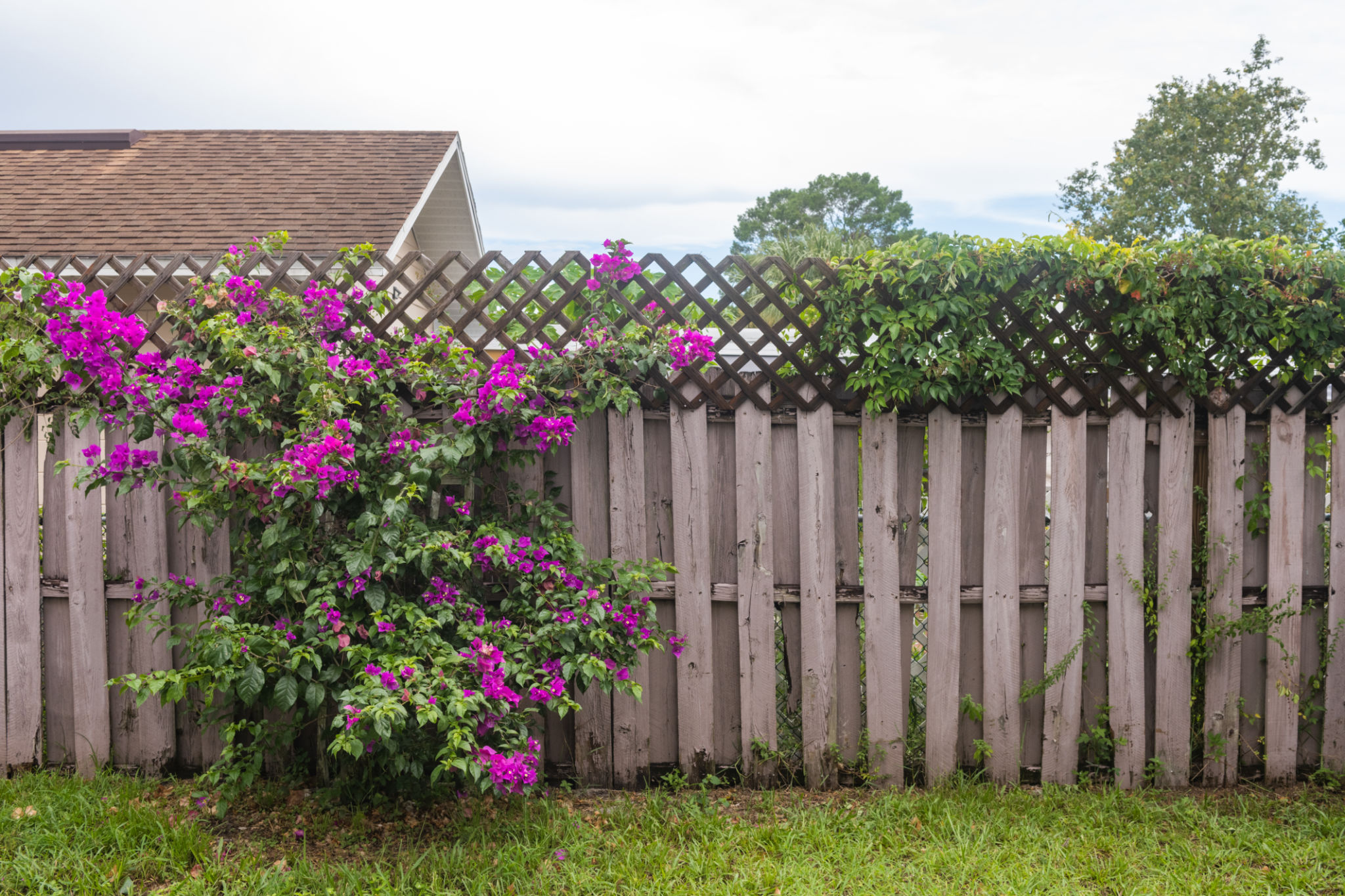Common Lawn Care Myths in Florida: What Really Works?
JR
Understanding Florida's Unique Climate
Florida's climate presents unique challenges for lawn care. With its high humidity, frequent rainfalls, and sandy soils, what works in other states may not apply here. Many homeowners find themselves overwhelmed by misinformation, leading to common lawn care myths.

Myth 1: More Water Means a Healthier Lawn
One of the most pervasive myths is that a lawn needs frequent watering to remain lush and green. In reality, overwatering can lead to shallow root systems, increased disease susceptibility, and nutrient leaching. Instead, watering deeply but infrequently encourages roots to grow deeper, making them more resilient during dry spells.
Myth 2: Fertilize Frequently for Best Results
While fertilization is essential for maintaining a healthy lawn, too much can be detrimental. Excessive use of fertilizers can lead to nutrient runoff and environmental harm. It's crucial to follow Florida-friendly guidelines, which recommend fertilizing only during the growing season and using slow-release formulas that minimize impact on local ecosystems.

The Role of Grass Selection
Choosing the right grass type for your Florida lawn is crucial. Not all grass varieties thrive in the state's climate. St. Augustinegrass, Zoysiagrass, and Bahiagrass are popular choices due to their heat tolerance and drought resistance. Selecting the wrong type can lead to unnecessary maintenance challenges.
Myth 3: All Grass Should Be Mowed the Same Way
Another common misconception is that all grass types should be mowed uniformly. In Florida, adjusting your mowing practices to suit the specific grass type is vital. For instance, St. Augustinegrass should be mowed higher than other varieties to maintain its health and vigor.

Pest Control Misunderstandings
Pests are a common concern for Florida lawns, but not all insects are harmful. Beneficial insects like ladybugs and certain types of wasps control pests naturally. Misguided use of pesticides can disrupt this balance and harm the local environment.
Myth 4: Pesticides Should Be Used Regularly
Regular pesticide applications are not necessary for maintaining a healthy lawn. Instead, focus on integrated pest management strategies that include monitoring pest levels and using biological controls when possible. This approach is more sustainable and environmentally friendly.
Conclusion: Adopting Florida-Friendly Practices
By debunking these common myths, homeowners can adopt practices that are truly effective for their Florida lawns. Understanding the unique needs of your lawn and environment is the first step toward achieving a healthy, vibrant outdoor space.